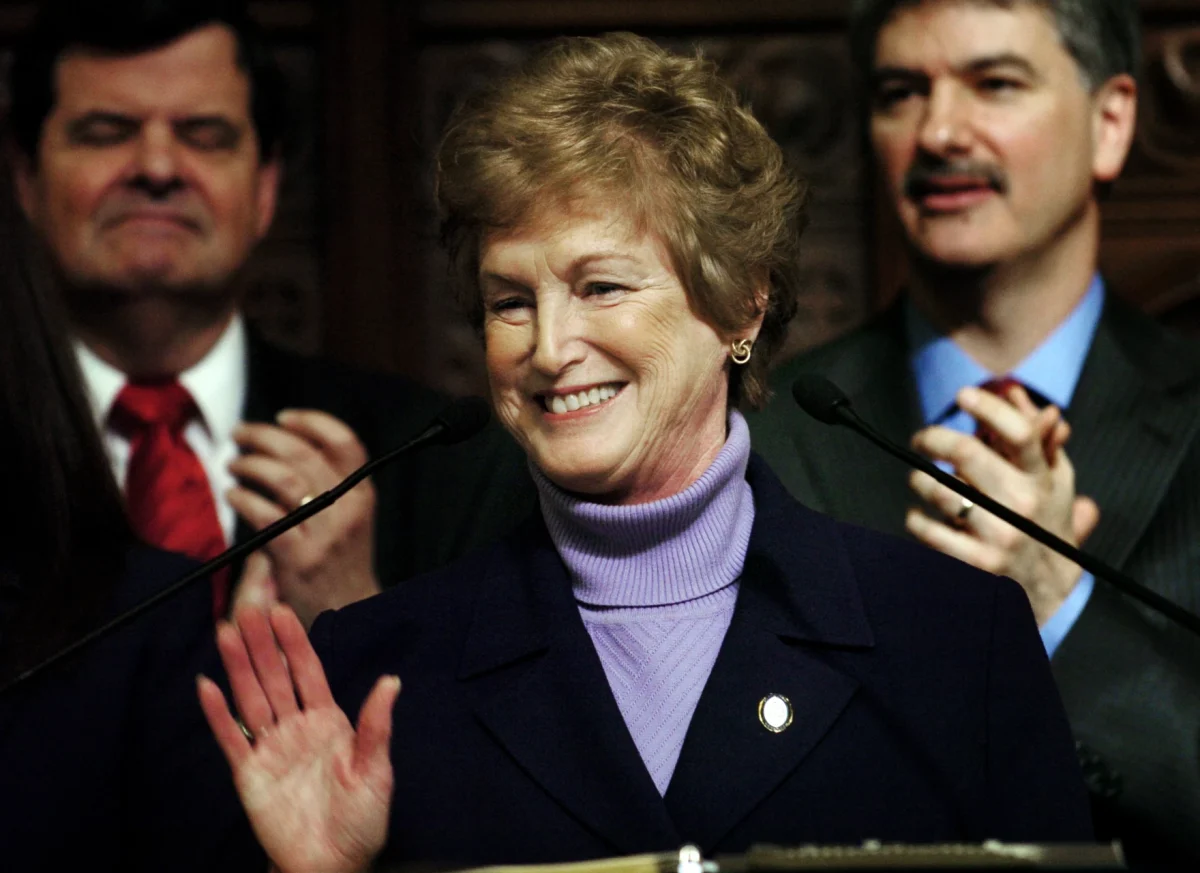With standardized testing scores falling and the United States ranking 21st in the world for science mastery, school districts and politicians alike are pushing for education reform and longer school years. While some cite the current school year as our educational downfall, others argue that longer years would be a burden to already struggling districts. It is unlikely that there will be radical reform, but it is essential to know that the success of the American youth is not short from people’s minds. Lawmakers, and educators alike, must come to a compromise that will suit both district budgets and the drive for an educated society.
President Obama has put ideas on the table that he believes will strengthen our failing education system, the most important, being longer school days. Currently, U.S. schools across the country average 180 instructional days a year. This is sixteen days less than upper schools in countries that have the best student achievement. The President said in his speech that, “That month makes a difference. It means that kids are losing a lot of what they learn during the school year during the summer.” This problem is severe for poorer students, who may not have the resources to continue learning on their own.
What President Obama believes is that the longer school years, even if by just sixteen days, are essential to student’s success. The problem with this, however, is that the recession has hit most educational budgets hard, and extending the school year would cause a plethora of problems for them. This includes teacher salaries, utilities, and perhaps most importantly, transportation costs. Some schools have already shortened their week to four days to combat this problem. So to ask them to make the year even longer, is a bit unrealistic. Obama did not state where this money would come from, or if it would be out of district pockets. It is hard to say that they will follow suit.
Besides longer days, Obama also tackled the amount of teachers and the progress that they are making in the classroom. Since he became president, he has addressed the need to better train and prepare today’s teachers to provide a quality education. He reiterated this fact on Monday, while talking about incompetent teachers and the need to “weed them out.” In fact, he boldly stated that, “We’ve got to be able to identify teachers who are doing well [and] teachers who are not doing well. We’ve got to give them the support and the training to do well, and, ultimately, if some teachers aren’t doing a good job, they’ve got to go.’’ Even when he was just running for president, he took this stand, and is still taking it now. After all, if a teacher is not doing well, what makes you think that the student will learn anything?
Sadly, despite President Obama’s stern call to action, it is unlikely that anything will come to fruition because of it. Districts are struggling to keep programs alive, like the arts and after-school activities. If a school were to lengthen the year, the potential for these programs being cut from the budget grows exponentially. Not only would students be outraged, but their chances of getting into college could also decrease. If the one or two clubs that they enjoy were cut, would their grades alone be enough to get them in? The answer to this, would be no, as college applications rates have steadily been rising, making competition fierce.
Another issue to look at when districts try to lengthen school years, and fire teachers, is the parents. While they might seem like innocent soccer moms and dads, they have strong opinions that can block any sort of change. This was evident in the West Hartford school district when administrators took away the 2010-2011 February break. It made it so school could get out a week earlier in June, but parents would have none of it. They cited family vacations and time together, and when the 2011-2012 calendars were finalized students had their February break back again. Parents, just like their children, are slow to accept change, even if it would be beneficial for them.
Despite the problems that come with education reform, President Obama’s thoughts are in the right place. It is difficult to see a society that thrives when students are not being properly educated, and that cannot meet the standards of other industrialized nations. When it comes down to it, our countries economic well-being is in the balance. High school and college students are the future of tomorrow, and they need the best education so that they can succeed.








